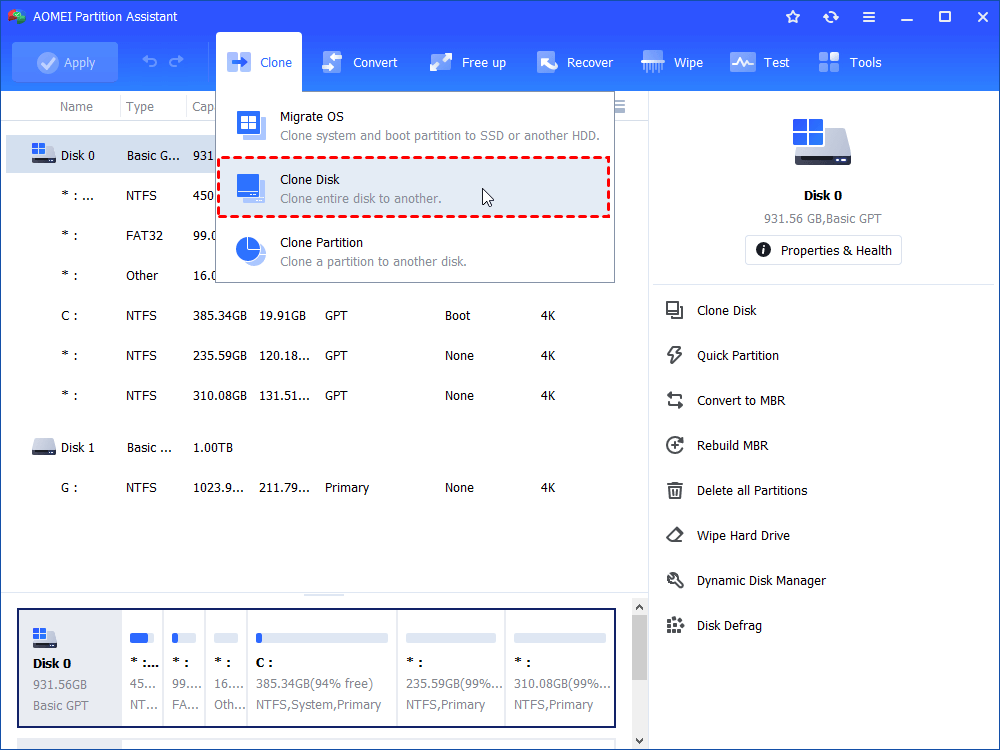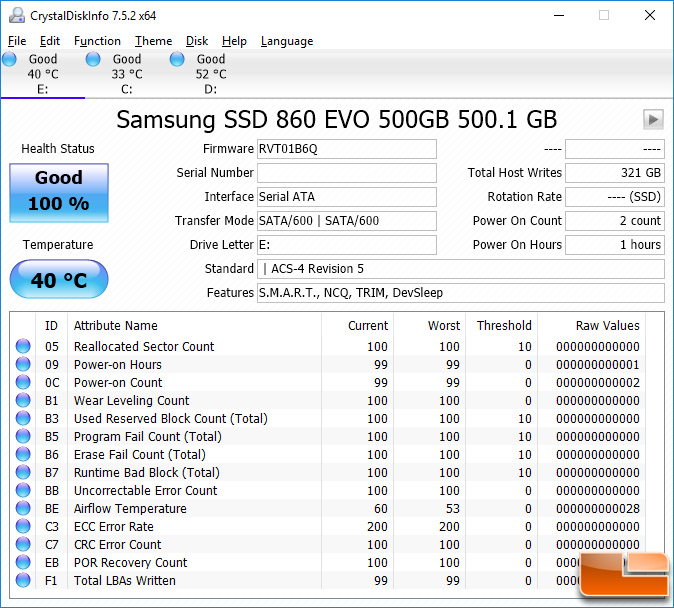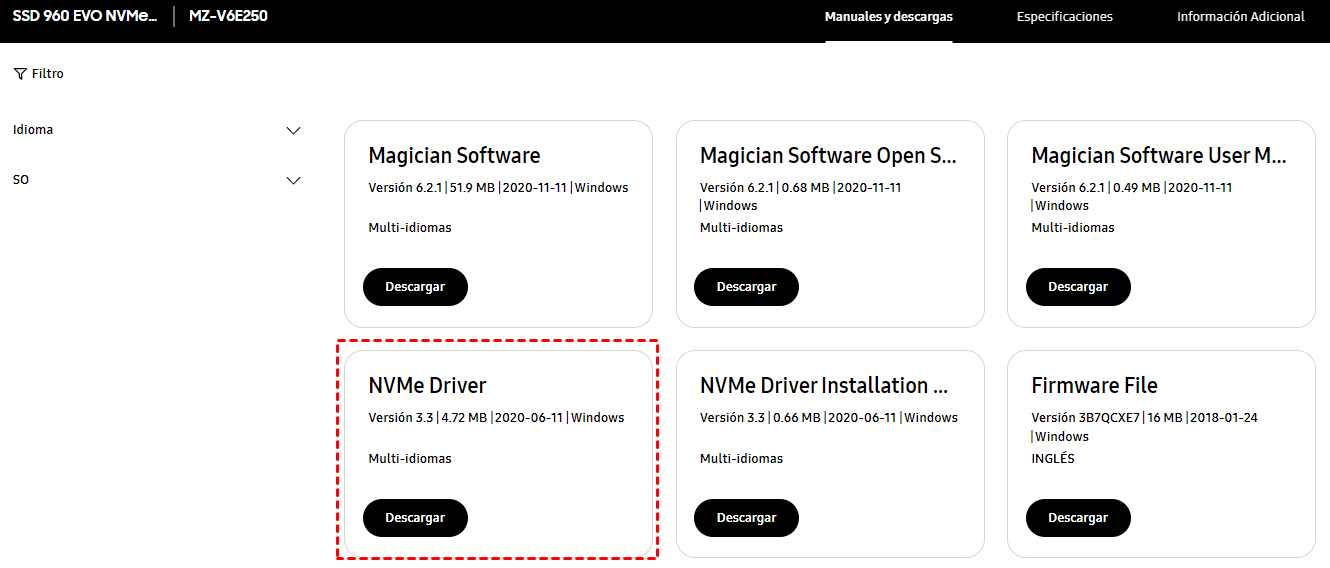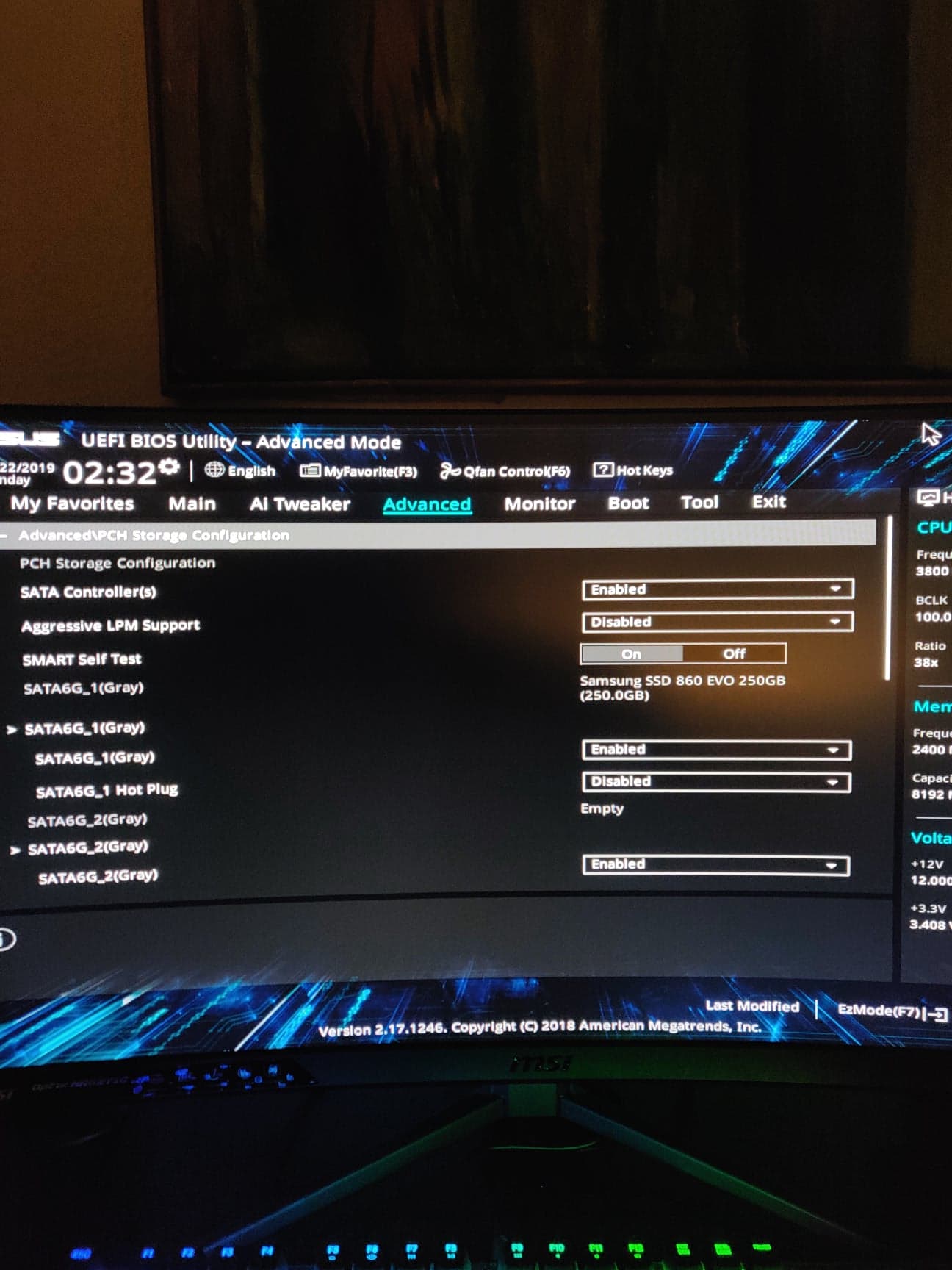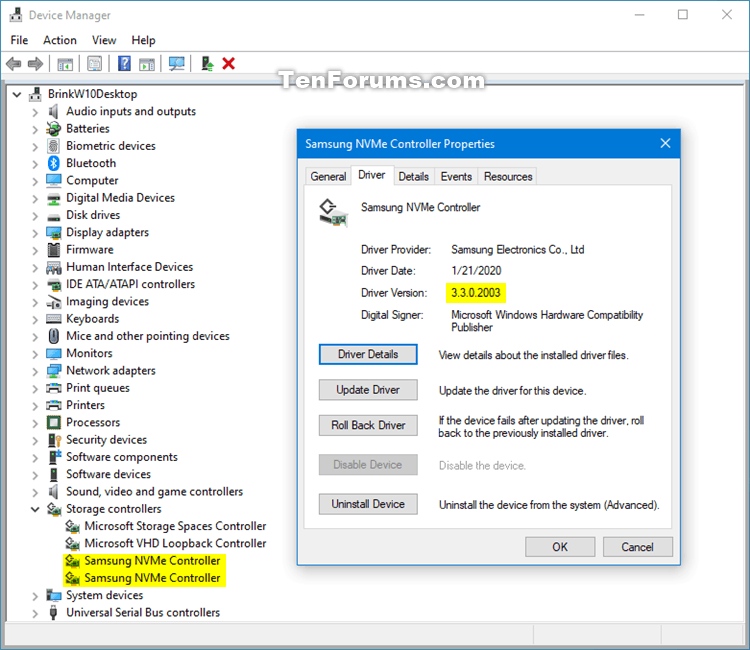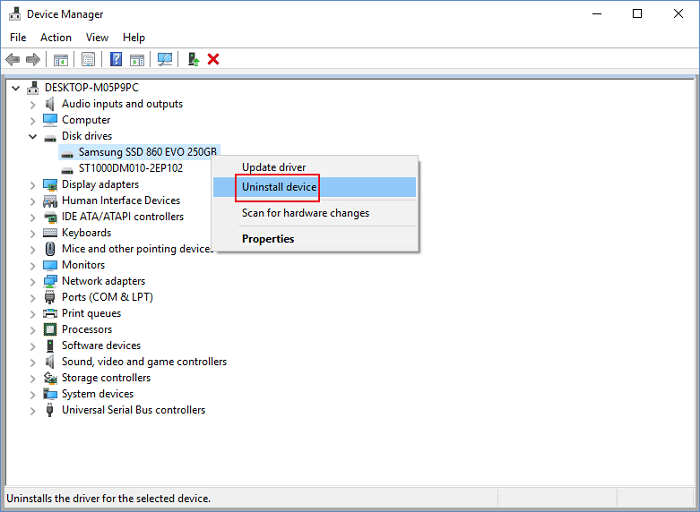
Samsung V-Nand SSD 860 EVO SATA M.2, 250 GB, 550 MB/s Seq Read, 520 MB/s Seq Write : Samsung: Amazon.es: Informática

Samsung 860 EVO - Disco estado solido SSD (2 TB, 550 megabytes/s) color negro : Amazon.es: Informática

Samsung 860 EVO - Disco estado solido SSD (2 TB, 550 megabytes/s) color negro : Amazon.es: Informática

Samsung V-Nand SSD 860 EVO SATA M.2, 250 GB, 550 MB/s Seq Read, 520 MB/s Seq Write : Samsung: Amazon.es: Informática

